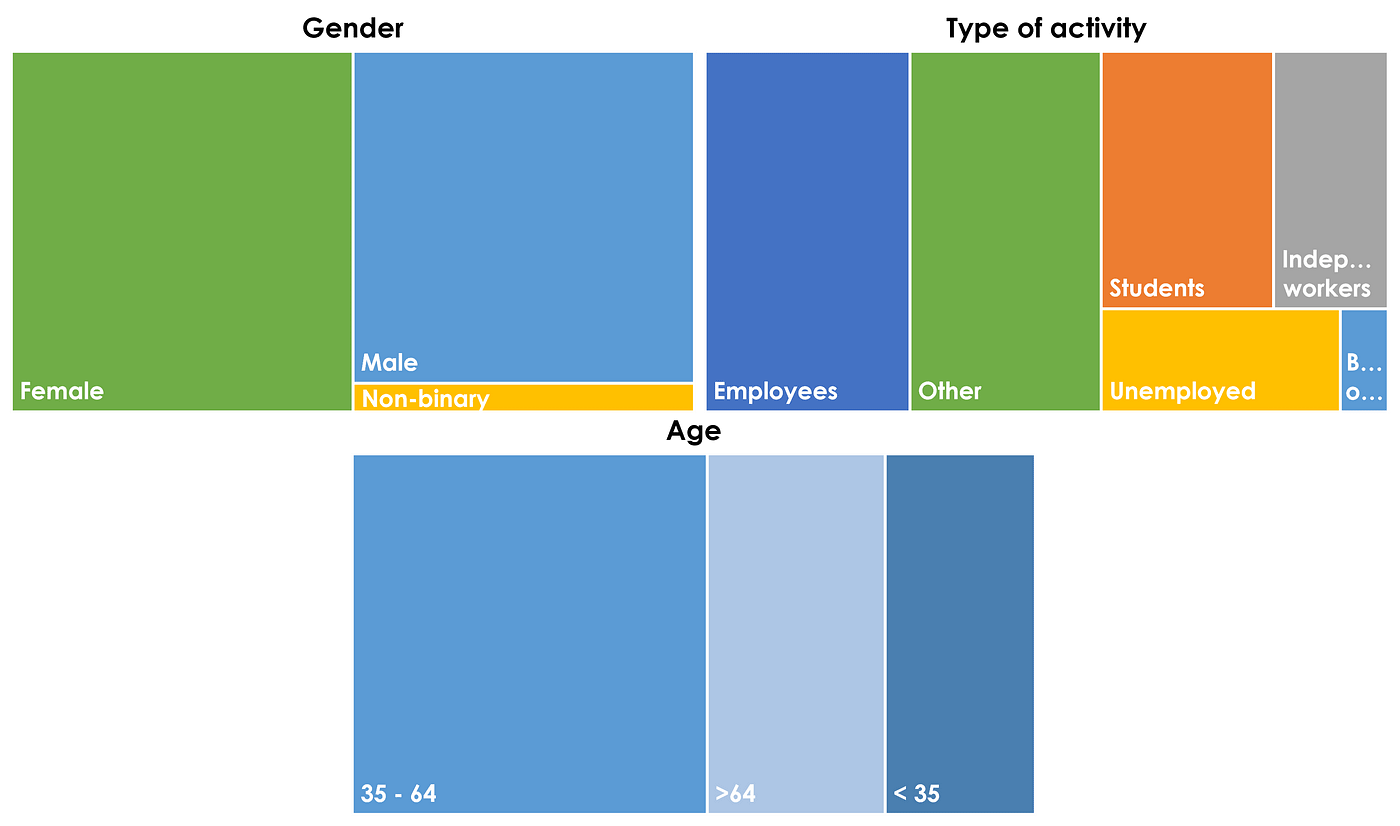Article by Elizabeth Daigneau:”.. It’s far from a new idea, and you’ve probably been reading about it for years, but participatory budgeting has slowly been growing since it was first introduced in the U.S. in Chicago in 2009. Many anticipate it is about to see a boom as billions of federal dollars continue to pour into local communities…
But with the influx to local communities of billions in federal dollars through the American Rescue Plan Act (ARPA), the Infrastructure Investment and Jobs Act, and the Inflation Reduction Act, many experts think the time is ripe to adopt the tool.
“The stakes are high in restoring and rebuilding our nation’s crumbling civic, political and economic infrastructures,” wrote Hollie Russon Gilman and Lizbeth Lucero of New America’s Political Reform Program in a recent op-ed. “The long overdue improvements needed in America’s cities and countries call for remodeling how we govern and allocate federal funds across the country.”
ARPA dollars prompted the city of Cleveland to push for a participatory budgeting pilot.
“Cleveland is a city that has one of the higher poverty rates for a city of their size in the United States. They have over 30 percent of their population living below the poverty line,” Kristania De Leon, co-executive director at the Participatory Budgeting Project, said on The Laura Flanders Show’s podcast last July. “So when they found out that they were getting American Rescue Plan Act funds allocated to their municipal government, they said, ‘Wait a minute, this is a huge influx of relatively flexible spending, where’s it going to go and who gets to have a say?’”
A community-led push culminated in a proposal by Cleveland Mayor Justin M. Bibb to the city council last year that $5 million in ARPA funds be allocated to pilot the first citywide participatory budgeting process in its history.
ARPA dollars also elicited Nashville’s city council to allocate $10 million this year to its participatory budgeting program, which is in its third year.
In general, there have been several high-profile participatory budgeting projects in the last year.
Seattle’s project claims to be the biggest participatory budgeting process ever in the United States. The city council earmarked approximately $30 million in the 2021 budget to run a participatory budgeting process. The goal is to spend the money on initiatives that reduce police violence, reduce crime, and “creating true community safety through community-led safety programs and new investments.”
And in September, New York City Mayor Eric Adams announced the launch of the first-ever citywide participatory budgeting process. The program builds on a 2021 project that engaged residents of the 33 neighborhoods hardest hit by Covid-19 in a $1.3 million participatory budgeting process. The new program invites all New Yorkers, ages 11 and up, to decide how to spend $5 million of mayoral expense funding to address local community needs citywide…(More)”.

